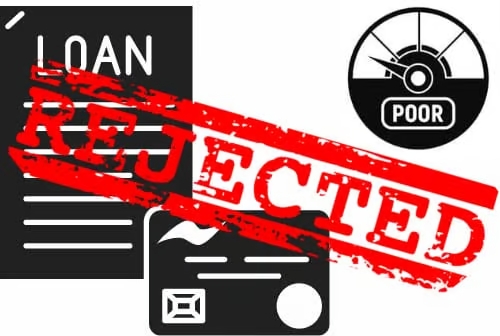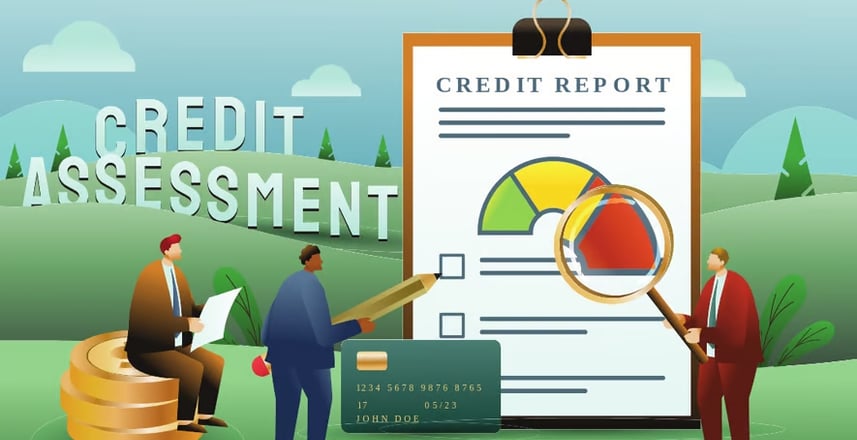Red Flag Waves on Your Credit Report
Know about the negative flags because of which your credit profile will be affected


Firstly, Negative flags refer to specific elements or events that signal potential risks associated with a borrower's credit profile. These flags are typically assigned based on negative actions, such as late payments, defaults, bankruptcies, or other adverse financial behavior. Whenever such events occur, the negative flag is updated on the borrower's scorecard, leading to a decline in their credit score.
Negative flags on your credit report not only remind you of your past financial mistakes but they also ruin your future financial plans. Whether the negative remarks occur due to your own mistakes or due to the negligence on the part of the credit bureau, you must make efforts to get rid of them.
After all your credit report affects the most important financial measure, that is the credit score. A low CIBIL score will not only affect your ability to secure loans and credit card approvals, but it will also determine the interest rates that you pay on them. Remember the creditors are not obligated to remove the negative information just because you ask them to. Additionally, you have to make sure that the lender does not report the account as “settled” or "written off". The credit report should reflect that the account is “paid in full” or “as agreed”.
If you have partly paid the dues and settled a loan or credit card then the status will reflect as "Settled" in your credit report. When you settle an account, it means that the credit institution is agreeing to accept a payoff amount that is less than the amount originally owed. Because the lending institution is taking a loss, a status of "settled" may be considered potentially negative and detrimental to the chances of loan approval.
When you are not able to make payments against the outstanding loan/credit card amount for more than 180 days, the lender is required to "write-off" the amount in question. The lender then proceeds to report this on your CIBIL Report as "Written off". This is a detrimental status for the approval of your loan or credit card applications as the lender may not want to provide a loan or credit card to someone who has not paid dues on past loans or credit cards.
If the CIBIL Report shows a "settled" or "written off" status, then it may get difficult for the individual to obtain a loan. Understanding the elements of your credit history and then working on them to build a good CIBIL report and score will help make you "FINANCE READY".
In case you are facing issues regarding negative flags in your credit report or any other banking related issues BANKsamadhan.in will be more than happy to assist you feel free to contact us on 94256-80996


What is a good credit score?
A good credit score is typically above 670. If you’re in the market for a credit card, car loan or mortgage, lenders will use this three-digit score to determine your credit risk and consider it in their decision to give you credit. We know credit can feel intimidating—but knowing how your score is calculated will help you understand how to maintain or even improve it. We’ll break down who determines what a good credit score is, what factors into that figure and how to get that elusive perfect credit score—or at least the highest credit score possible.
